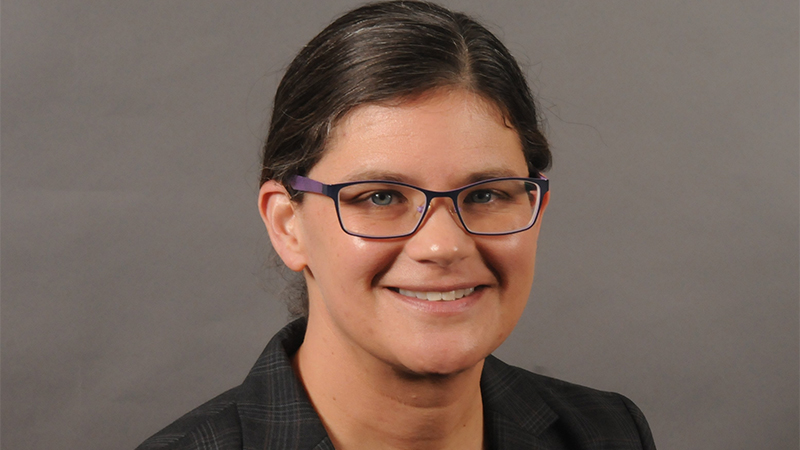
A new book by Anne L. Douglass, PhD’09, associate professor and executive director at the Institute for Early Education Leadership and Innovation at the University of Massachusetts Boston, argues that the crisis of quality, access, and affordability in the field of early care and education (ECE) can—and must—be solved by early educators themselves.
The book is titled "Leading for Change in Early Care and Education: Cultivating Leadership From Within" (Teachers College Press).
In it, Douglass argues that unlike fields such as technology and healthcare, which have long recognized leadership development as critical to drive improvement, there are no formal ECE pathways to leadership and very few public or private investments to develop ECE leaders from within the field.
“Imagine trying to improve the healthcare system without the input of doctors? Or dealing with cyber security issues without hearing from IT professionals? That’s a little bit what it’s like now as more plans are put forward to address the challenges facing early care and education,” said Douglass, who is a former early educator. “They are driven by outsiders. Early educators, who are the real experts, are viewed as the objects of change rather than the agents of change.”
Douglass examines theories of leadership and offers a framework for ECE leadership that is inclusive, collaborative, and purpose-driven, and that defines a leader as someone who can influence and inspire change from every level of the ECE field. Building on case studies that reveal immense untapped potential from within the early care and education workforce, Douglass makes the case for creating ecosystems that support professional growth and teacher retention.
With practical recommendations based on current research, Douglass’s model for developing and nurturing innovative, entrepreneurial, and skilled early educator leaders capable of driving transformative change has the potential to revolutionize the field—from classrooms and home-based programs to communities and beyond.
